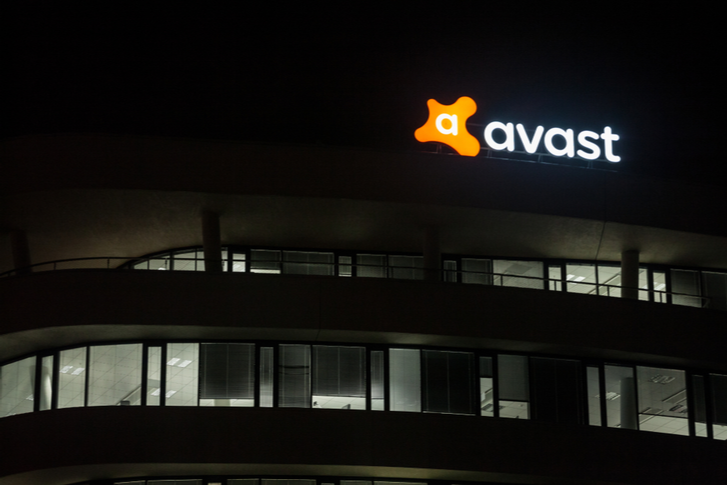- Oct 1, 2019
- 1,120
THE COMPLAINT OF PCMAG & MOTHERBOARD IS THAT DE-PERSONALIZED DATA CAN BE EASILY LINKED WITH CLIENT'S OWN DATA TO IDENTITY SOMEONE.

So it is NOT about foolish users who don't give a damn about their privacy and start yelling and shouting when they discover their data is used for commercial reasons. The promise AVAST makes in the PRIVACY POLICY of the EULA is that the data is de-personalized is HALF BAKED. And as we all known truth is a binary value, truth is not expressed in percentages. Something is true or not, even something not entirely true is not true!
TO AVAST DEFENSE
The example given by PCmag and Motherboard is arbitrary. When the user in above example would have purchased the Apple iPad, both the user (buyer's ID) and click behavior before and until the purchase on Amazon's website was already known to Amazon. The only benefit for Amazon is that it also receives information on surf and search behavior, before that user (buyer of the Apple iPad) landed on Amazon's website.
My take on this: the loss of privacy was only marginal, considering that search and surf behavior can also be received/bought from Google. What else is new? The board at AVAST probably jumped ship because it was associated with similar privacy issues before (remember the recent "Mozilla pulls Avast extension from Firefox because it spies on users").
Read my other post on how brilliantly Ondrej reacted to this threat to Avast brand reputation (link), again no pun intended, real admiration from a junior digital marketeer on how Avast protects its reputation and creates an external justification for new/future re-organizations/cost cutting programs.
So it is NOT about foolish users who don't give a damn about their privacy and start yelling and shouting when they discover their data is used for commercial reasons. The promise AVAST makes in the PRIVACY POLICY of the EULA is that the data is de-personalized is HALF BAKED. And as we all known truth is a binary value, truth is not expressed in percentages. Something is true or not, even something not entirely true is not true!
TO AVAST DEFENSE
The example given by PCmag and Motherboard is arbitrary. When the user in above example would have purchased the Apple iPad, both the user (buyer's ID) and click behavior before and until the purchase on Amazon's website was already known to Amazon. The only benefit for Amazon is that it also receives information on surf and search behavior, before that user (buyer of the Apple iPad) landed on Amazon's website.
My take on this: the loss of privacy was only marginal, considering that search and surf behavior can also be received/bought from Google. What else is new? The board at AVAST probably jumped ship because it was associated with similar privacy issues before (remember the recent "Mozilla pulls Avast extension from Firefox because it spies on users").
Read my other post on how brilliantly Ondrej reacted to this threat to Avast brand reputation (link), again no pun intended, real admiration from a junior digital marketeer on how Avast protects its reputation and creates an external justification for new/future re-organizations/cost cutting programs.
Last edited:


